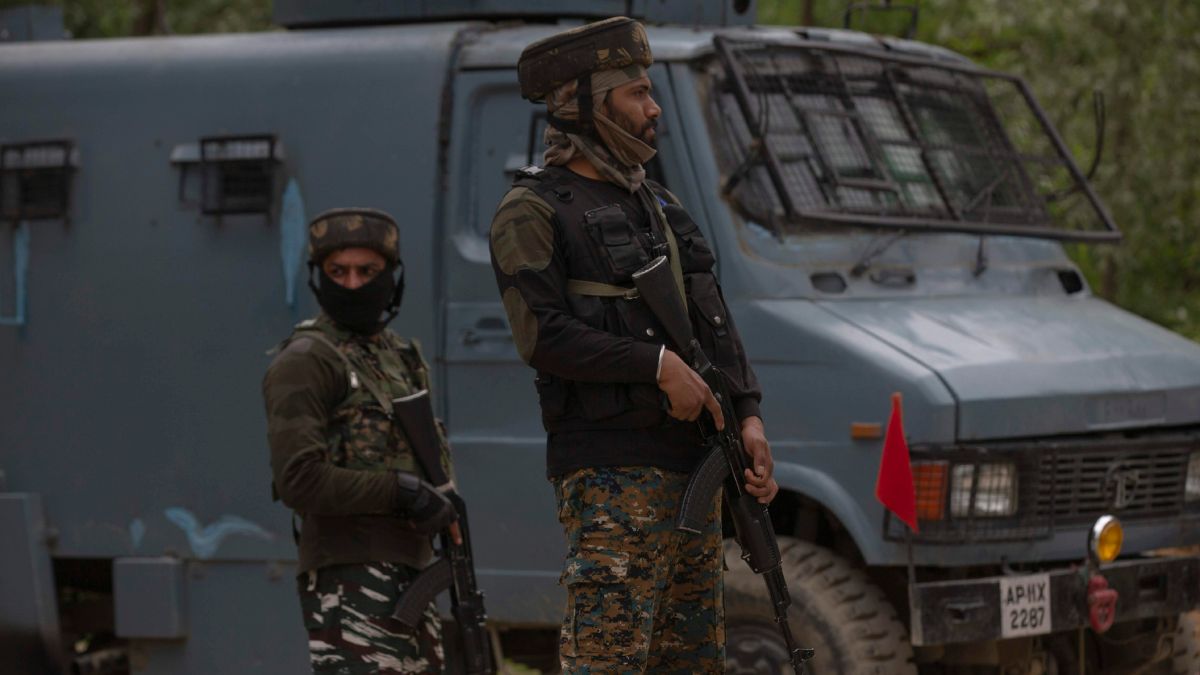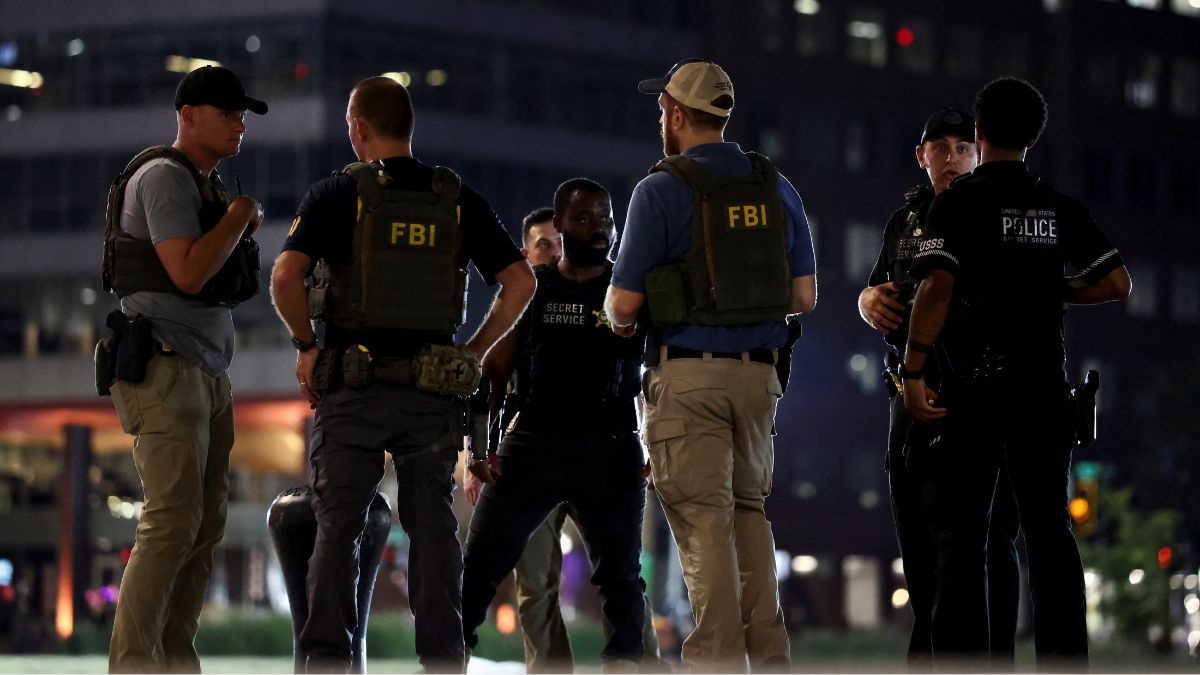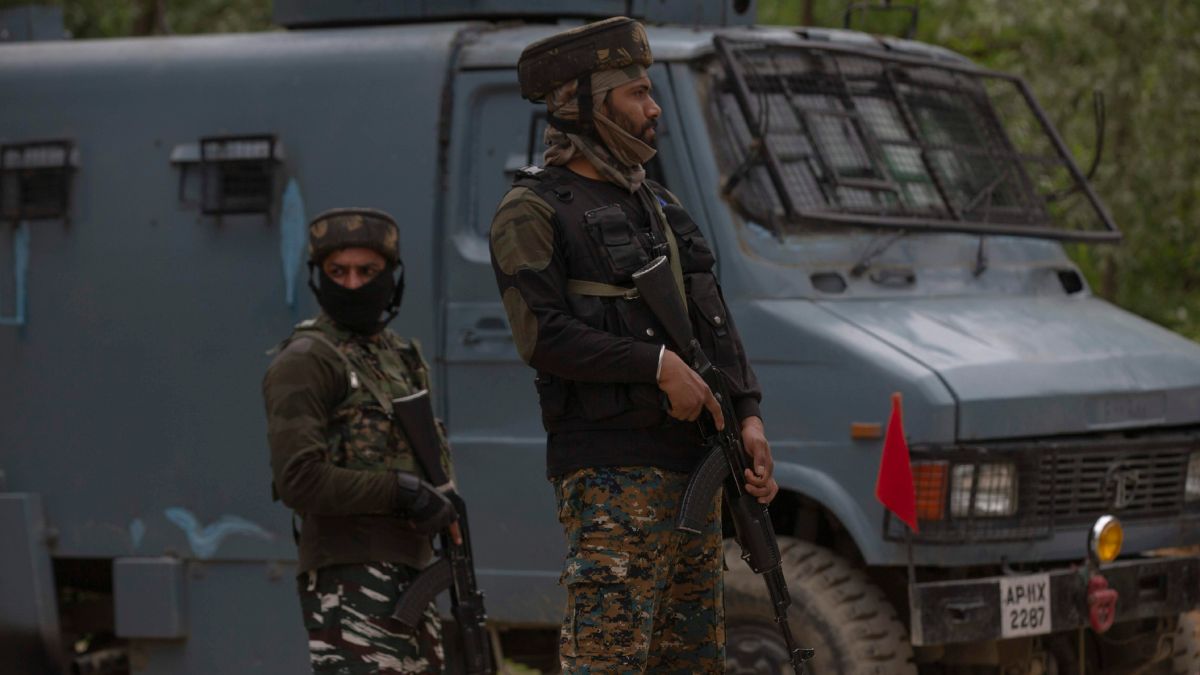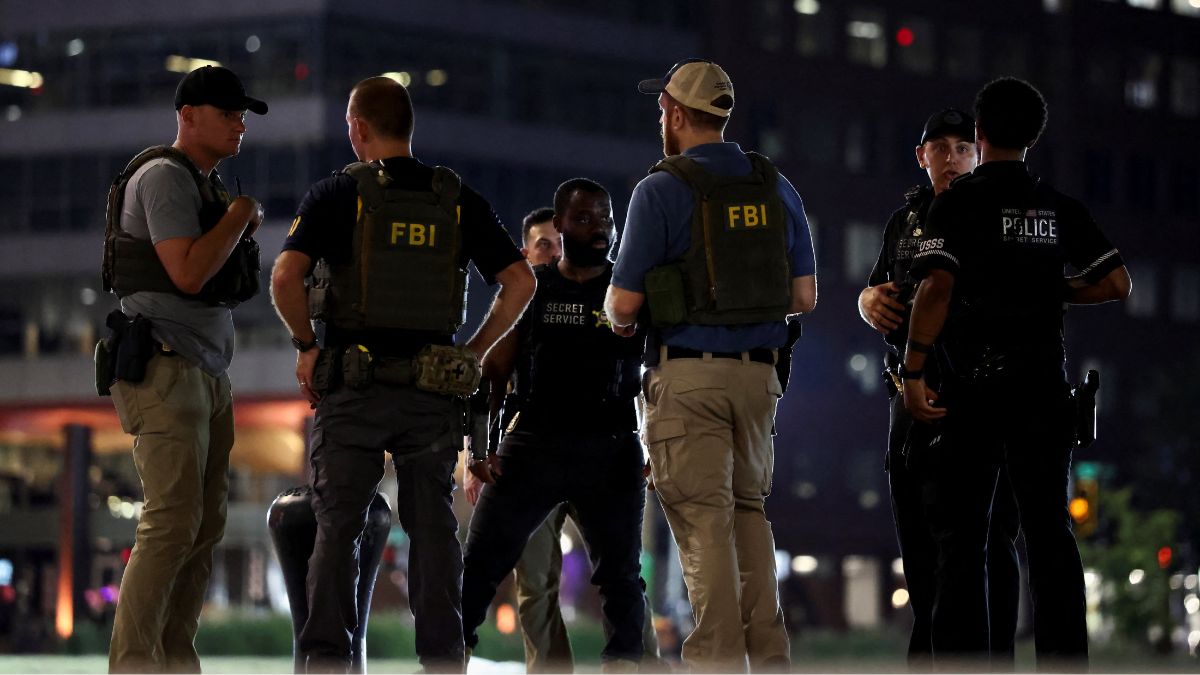The Lok Sabha polls are around the corner — they will begin on 19 April — and there’s a new issue that has taken centre stage. On Sunday (31 March), Prime Minister Modi hit out at the Congress over its decision to hand over the strategic Katchatheevu island to Sri Lanka in the 1970s, accusing the party of “weakening” the country’s integrity and interests.
The Congress, in response, slammed the PM and said that Modi had “only just woken up to issues of territorial integrity and national security”. The Congress party chief, Mallikarjun Kharge, even added that the PM’s “desperation was palpable”.
But what do we know about the Katchatheevu island? And why has it become a huge talking point now, right ahead of the Lok Sabha elections?
What is Katchatheevu island?
Before we dive into the current dispute, let’s understand more about the island. Katchatheevu is a tiny 285-acre uninhabited island in the Palk Strait, between India and Sri Lanka. It is around 1.6 kilometre in length and just over 300 metre in width. The island is believed to have been formed following a volcanic eruption in the 14th Century.
Katchatheevu lies northeast of Rameswaram, about 33 km from the Indian coast and about 62 km southwest of Jaffna, at the northern tip of Sri Lanka.
Impact Shorts
View AllThere are no inhabitants on the island; there’s only a Catholic church there — the St Anthony’s church. Each year, during the festival, normally held in February or March, Christians from both Indian and Sri Lanka visit the church on the island for a service. According to an Indian Express report, 2,500 Indians made the journey from Rameswaram for the festival last year.
Who does the island belong to?
History records show that the island controlled by Sri Lanka’s Jaffna kingdom in the early mediaeval period. However, it passed to the Ramanathapuram-based Ramnad kingdom in India in the 17th Century.
In the British Raj, it became part of the Madras presidency. In 1921, Sri Lanka and India — both British colonies — laid claim to Katchatheevu. A survey pegged Katchatheevu in Sri Lanka, but a British delegation from India challenged this, citing ownership of the island by the Ramnad kingdom.
The dispute between India and Sri Lanka continued even after both countries became independent.
And it was in 1974 that an agreement was drawn up, which effectively placed the island in Sri Lanka’s territorial waters.
What’s this agreement all about?
It’s this agreement that has caused the controversy now with the PM charging that Congress handed over Indian land to Sri Lanka, weakening the country’s integrity.
But what is this agreement?
Prior to this arrangement, the topic was being heavily debated, dating as far back as 1961 where Jawaharlal Nehru, the prime minister at the time, had said that he would not hesitate to relinquish India’s claims to Katchatheevu, as per a Times of India report.
It’s important to note here that while Nehru reportedly didn’t attach much importance to the island, as per the TOI report, India’s Attorney General MC Setalvad had said that India’s case was stronger than that of Sri Lanka.
However, in 1974, in an attempt to resolve this matter once and for all, then Prime Minister Indira Gandhi ‘ceded’ the island to Sri Lanka as part of the Indo-Sri Lankan Maritime agreement.
On 28 June 1974, a joint statement stated that a boundary had been defined “in conformity with the historical evidence, legal international principles and precedents.” It also pointed out that “this boundary falls one mile off the west coast of the uninhabited” Katchatheevu.
As per the pact, Indian fishermen were allowed to access the waters around Katchatheevu “hitherto”. But it soon became a bone of contention as fishing rights were never ironed out, with fisherfolk complaining that the Sri Lankan Navy arrests them on the charge of poaching and impounds their vessels for violating the International Maritime Boundary Line (IMBL).
In fact, the Katchatheevu island is a sticking point for Tamil Nadu. It claims that the island was “given away” to Sri Lanka without consulting the Tamil Nadu state Assembly. DMK MP Era Sezhiyan had even said in Parliament on 23 July 1974, “This agreement goes against the interests of the country since it amounts to pure surrender of our territory without going through any of the norms.”
He had asserted that the government had not informed Tamil Nadu about its decision. However, a Times of India report states otherwise. The daily reports that DMK leader Karunanidhi had given his assent to the agreement — he was perhaps the only person barring the PM and “one or two senior Cabinet ministers” who may have known the contours of the agreement.
How did this issue crop up again?
On Sunday, PM Modi raked up the Katchatheevu island row when he posted on X: “New facts reveal how Congress callously gave away #Katchatheevu. This has angered every Indian and reaffirmed in people’s minds- we can’t ever trust Congress! Weakening India’s unity, integrity and interests has been Congress’ way of working for 75 years and counting.”
Eye opening and startling!
— Narendra Modi (@narendramodi) March 31, 2024
New facts reveal how Congress callously gave away #Katchatheevu.
This has angered every Indian and reaffirmed in people’s minds- we can’t ever trust Congress!
Weakening India’s unity, integrity and interests has been Congress’ way of working for…
His remarks came on the basis of an RTI reply to Tamil Nadu BJP chief K Annamalai. The BJP leader had sought details on the decision of Indira Gandhi to “hand over” the Island.
Notably, this isn’t the first time that Modi has raked up the issue. In 2014, Narendra Modi, who was then the BJP’s prime ministerial candidate, had promised the fishermen that if he was voted in, this issue would be resolved permanently.
How did the Congress and DMK react?
Soon after PM Modi raked up the issue, the Congress and the Dravida Munnetra Kazagham — both are allies in the state — slammed PM Modi for his remarks.
Congress president Mallikarjun Kharge dubbed it as PM Modi’s “desperation” ahead of the elections. He further pointed to the 2015 land boundary agreement that led to the swapping of 111 Indian enclaves for 55 Bangladeshi enclaves and recalled that Modi had said at the time the pact was “not just about realignment of land, it is about a meeting of hearts”.
“On the eve of elections in Tamil Nadu, you are raising this sensitive issue, but your own Govt’s Attorney General, Shri Mukul Rohtagi, in 2014 told the following to the Supreme Court: ‘Katchatheevu went to Sri Lanka by an agreement in 1974… How can it be taken back today? If you want Katchatheevu back, you will have to go to war to get it back’,” he added.
The DMK also responded to the PM’s charges. Manuraj S, a spokesperson for the party, was quoted by Hindustan Times as saying, “Startling that the prime minister’s eyes have been opened by a news article based on an RTI query filed by his party person and information provided by his government on an issue that is nearly 50 years old!”
He added that after 10 years in government, the BJP is “afraid to campaign on its achievements and is still busy with Opposition-blaming”. “Either way, this is a woeful and outdated political campaign issue,” he said.
With inputs from agencies


)
)
)
)
)
)
)
)
)



